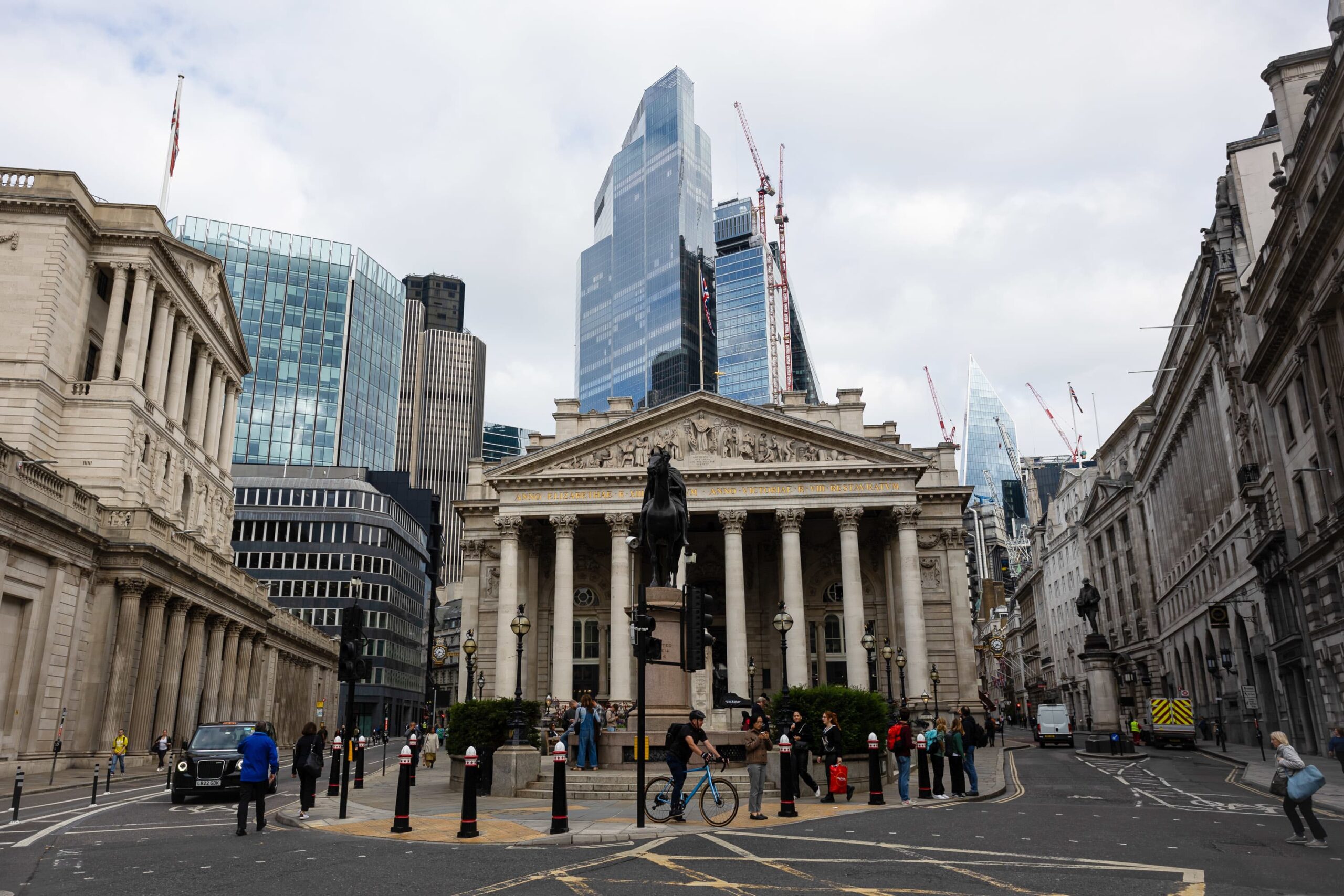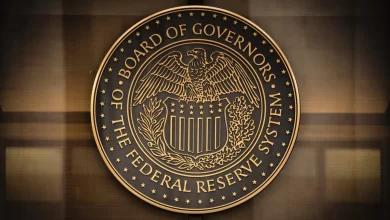UK Inflation Holds Steady, Puts Pressure on Bank of England
Bank Expected to Raise Interest Rates as Inflation Remains High

The annual inflation rate in the UK unexpectedly remained at 8.7% in May, according to official data released on Wednesday. This development adds pressure on both the Bank of England (BoE) and the government to take action in response to the surging prices. Market expectations had anticipated a decrease from the previous month’s level, while the BoE was already widely expected to raise interest rates, making this the highest inflation rate among G7 nations.
The unchanged figure poses a challenge for Prime Minister Rishi Sunak, who has made reducing inflation a priority for his Conservative government ahead of the upcoming general election. Analysts had projected a cooling to 8.4% in UK inflation last month, but unexpectedly, core inflation, which excludes food and energy costs, jumped to 7.1% in May.
Senior analyst at Swissquote Bank, Ipek Ozkardeskaya, commented that these numbers indicate that inflationary pressures in the UK are not yet under control and call for further rate hikes, which will further squeeze British households. In an attempt to curb inflation, the BoE has already increased borrowing costs to a 15-year high of 4.5%.
Following their regular policy meeting on Thursday, the BoE is expected to raise interest rates even further, marking their 13th consecutive rate increase. Finance Minister Jeremy Hunt expressed concern about the impact of high inflation on families and businesses across the country in response to the latest consumer prices index data.
The government aims to bring down inflation to 5% by the end of the year, which would be approximately half the level at the beginning of 2023. Yael Selfin, Chief Economist at KPMG UK, noted that despite a modest easing in food price inflation, headline inflation remains high. More worryingly, strong core inflation suggests that businesses may be passing on rising costs from higher wage bills to consumers.
The UK has experienced months of strikes as workers demand higher wages to address the cost-of-living crisis. The persistent high inflation rate adds urgency to the BoE’s actions and the government’s efforts to tackle the economic challenges posed by soaring prices.
Read the original article on Financial Reports



